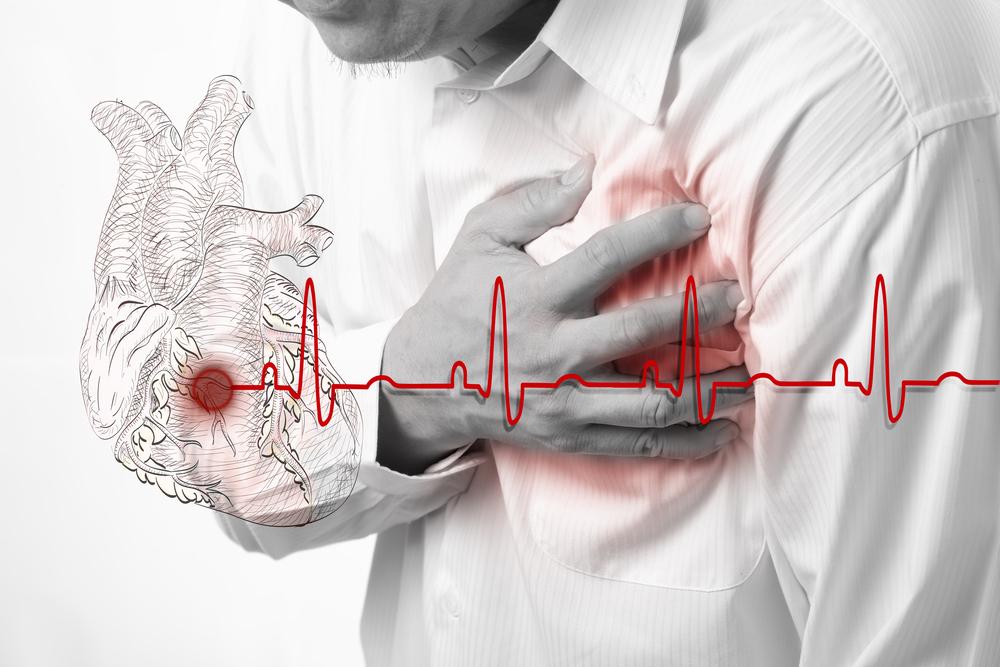Understanding Heart Ablation: FAQs and Essential Insights
Discover essential insights about heart ablation, including types, risks, immediate effects, and post-procedure care. This guide helps patients understand the procedure's safety profile and lifestyle adjustments needed to ensure optimal recovery and long-term heart health.

Understanding Heart Ablation: FAQs and Essential Insights
Irregular heartbeats, often resulting from atrial fibrillation, can cause symptoms like skipped beats or fluttering sensations. Heart ablation is a procedure aimed at correcting these irregularities by targeting the affected heart tissue with radiofrequency energy, destroying problematic areas to restore normal rhythm. Typically recommended when medications are ineffective, heart ablation is a safe, low-risk procedure that may require multiple sessions if complications occur.
Learn about various types of ablation techniques, potential risks, immediate post-procedure effects, and important lifestyle measures to prevent further issues.
Types of Heart Ablation:
Atrial flutter ablation: Targets fluttering in the heart's upper chambers by creating scar tissue to block abnormal electrical signals.
Pulmonary vein isolation: Eliminates tissue around the pulmonary veins to treat electrical disturbances causing arrhythmias.
Other Variations:
SVT Ablation: Corrects supraventricular tachycardia affecting upper heart chambers, restoring regular rhythm.
Ventricular tachycardia ablation: Addresses abnormal signals in the lower chambers to reestablish normal heartbeat.
Risks of Heart Ablation:
Infection or bleeding at catheter entry points.
Potential damage to blood vessels during catheter navigation.
Rarely, puncture or displacement of the catheter can cause heart injury.
Possible harm to heart tissue, valves, or electrical system, sometimes requiring pacemaker placement.
Other risks include blood clots, heart attack, pulmonary vein narrowing, or kidney issues.
Immediate Post-Procedure Effects:
Patients may experience chest discomfort or soreness lasting up to 48 hours; consult your doctor if prolonged.
Fatigue and symptoms similar to cold or heart failure, such as bloating and shortness of breath, are common due to inflammation and water retention.
If symptoms persist over a week, seek medical attention promptly to rule out complications.
Post-Procedure Care & Prevention:
Lifestyle modifications can minimize the need for repeat procedures and prevent complications.
Maintain healthy blood pressure by reducing salt intake; avoid processed and high-fat foods. Incorporate heart-friendly foods like nuts, omega-3-rich fish, and berries.
Engage in light daily exercise to manage weight and reduce stress on the heart.
Quit smoking and limit alcohol consumption to avoid severe complications.
Note:
The information provided aims to inform readers about heart ablation but should not replace professional medical advice. Always consult a healthcare provider for diagnosis and treatment options. The site is not responsible for data discrepancies or inaccuracies across other sources.










